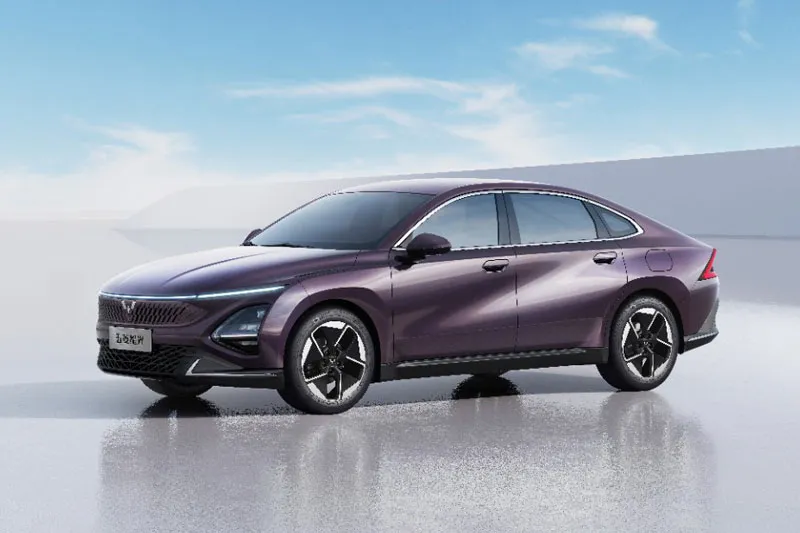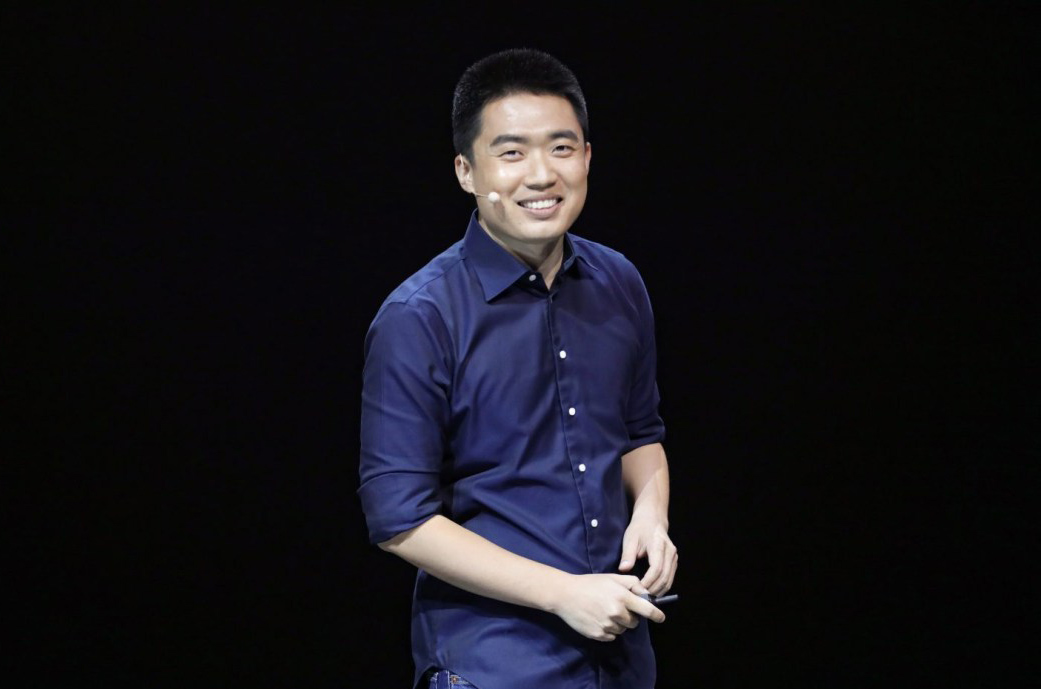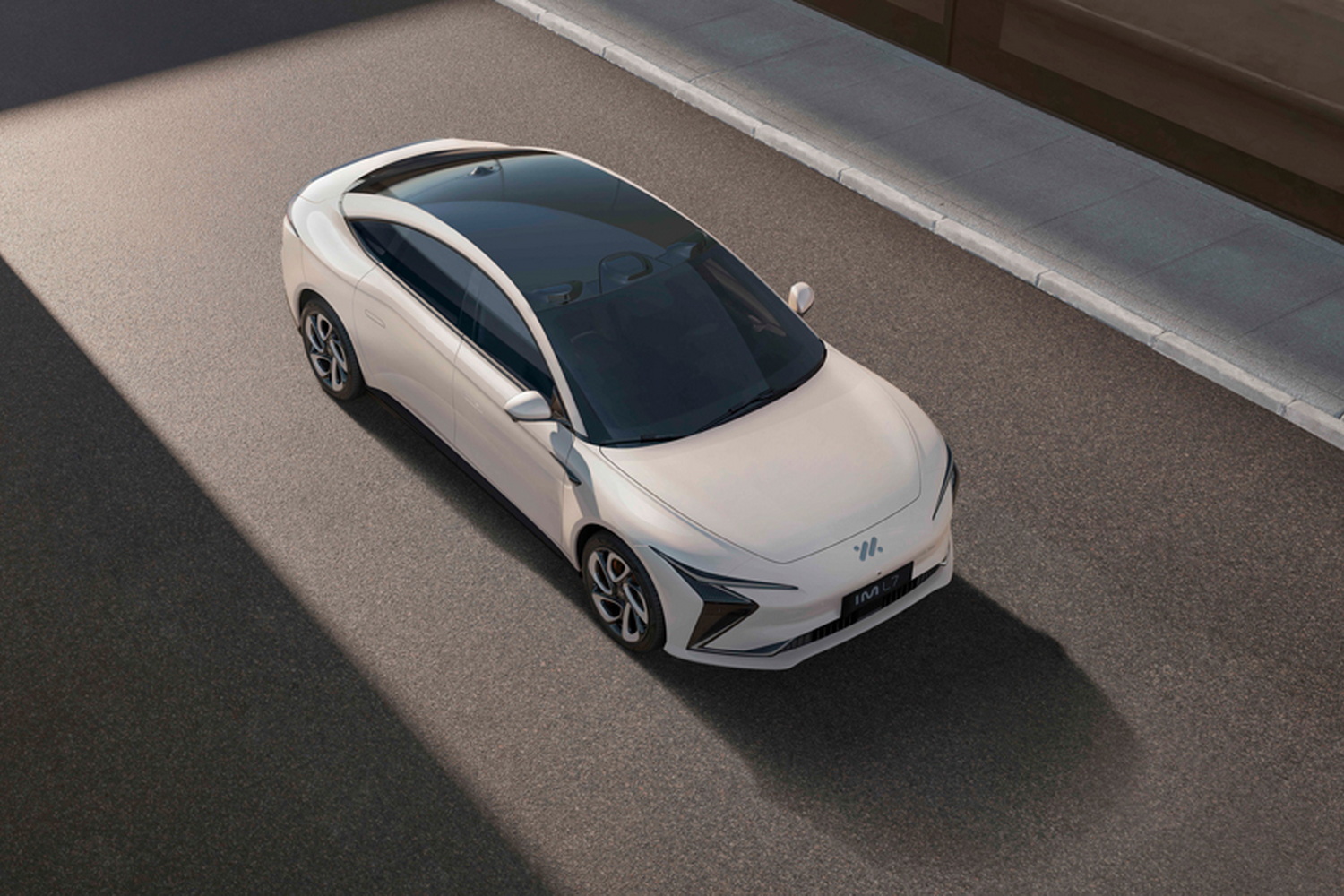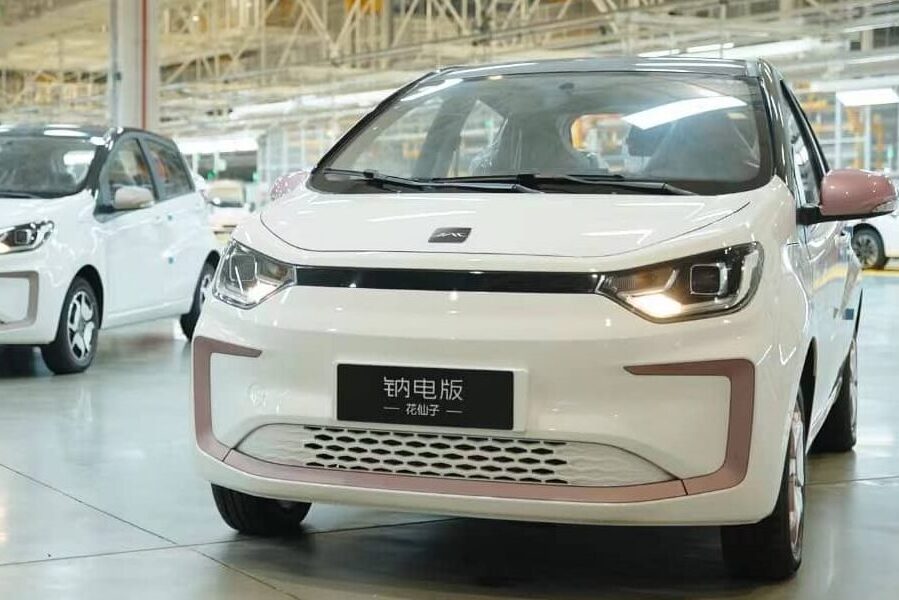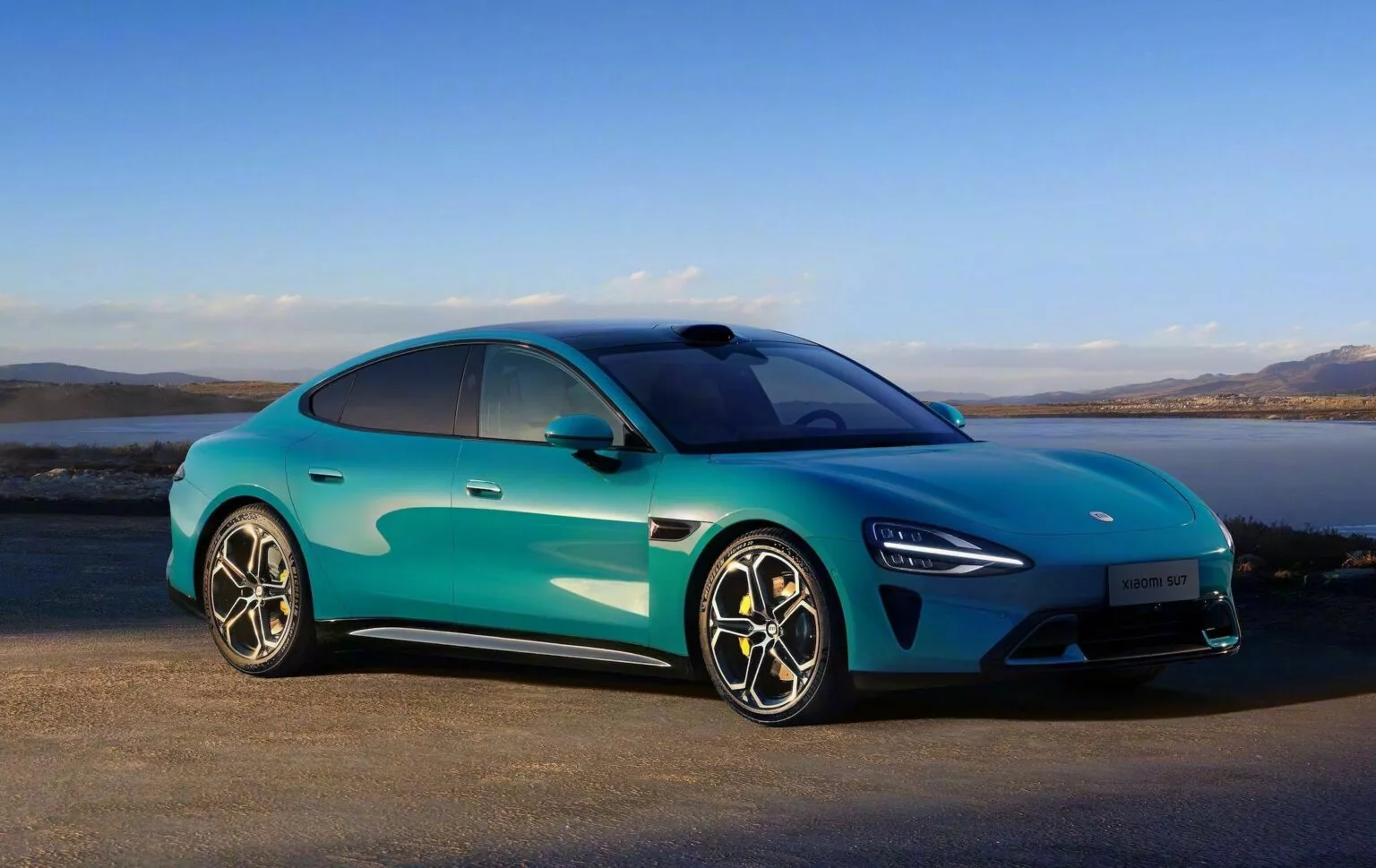A fierce price war has erupted in the Chinese automotive market, pushing plug-in hybrid vehicle prices below those of some of the most economical internal combustion-only vehicles.
Four automakers, including SAIC-GM-Wuling, Changan, Neta, and BYD, have introduced vehicles priced below the psychologically significant barrier of 100,000 yuan (approximately $13,900). BYD, expected to become the world’s largest EV manufacturer this year, was the first to break this threshold with its Qin Plus DM-i plug-in hybrid sedan. The South China Morning Post reported a 20 percent price reduction last week, bringing the starting price to 79,800 yuan (around $11,100).
See also: China’s Auto Market Braces for Intense Price Wars in 2024, Says Industry Association
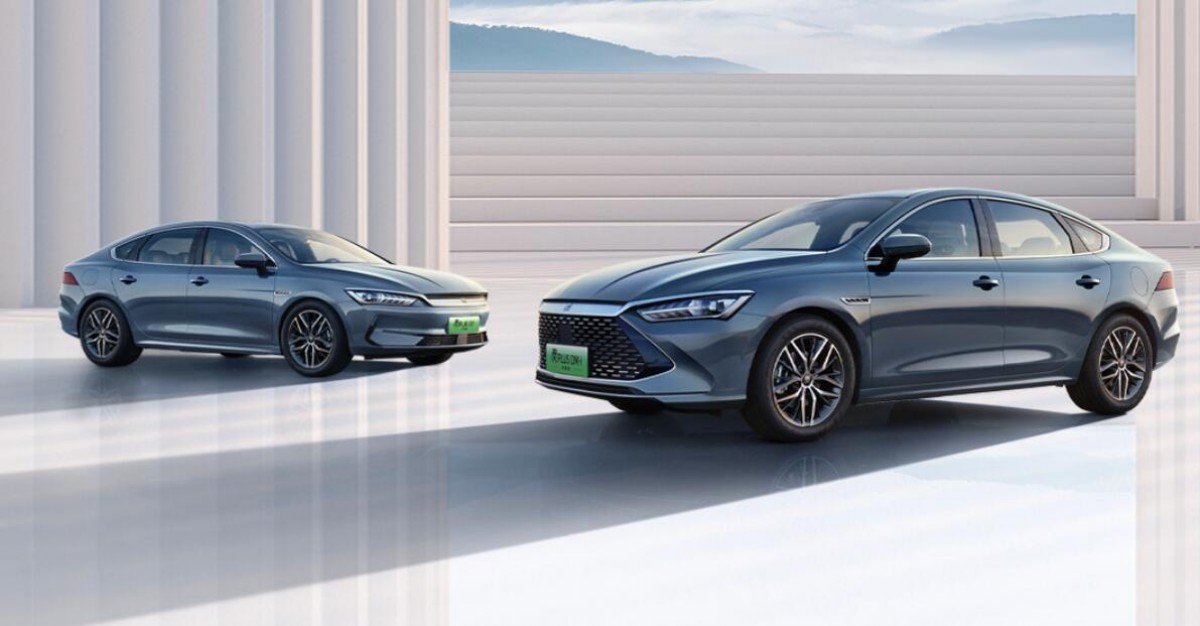
Following suit, SAIC-GM-Wuling slashed the price of its Xing Guang hybrid sedan to 99,800 yuan (about $13,900), Changan dropped the price of its Qiyuan Q05 PHEV SUV to 73,900 yuan (approximately $10,300), and Hozon reduced the price of its Neta X SUV to 99,800 yuan (around $13,900).
These price cuts align plug-in hybrids more competitively with simpler internal combustion vehicles. For example, the Toyota Corolla starts at 122,800 yuan (about $17,000), and the Volkswagen Lavida, a sedan comparable to the Jetta, starts at 94,000 yuan (approximately $13,000) in China.
See also: BYD Unveils Its Most Affordable Electric Sedans Yet, Sparking Price War

Experts anticipate that 2024 will be a pivotal year for the electrified vehicle segment. Zhao Zhen, a sales director at a Shanghai dealership, believes that these pricing strategies will likely succeed.
“Lower battery costs have enabled electric carmakers to adopt pricing strategies that enable them to compete with petrol car manufacturers,” Zhao stated. “Since more Chinese motorists now prefer electric cars to conventional petrol-powered vehicles, BYD and its EV counterparts will gain the upper hand […] with price cuts.”

